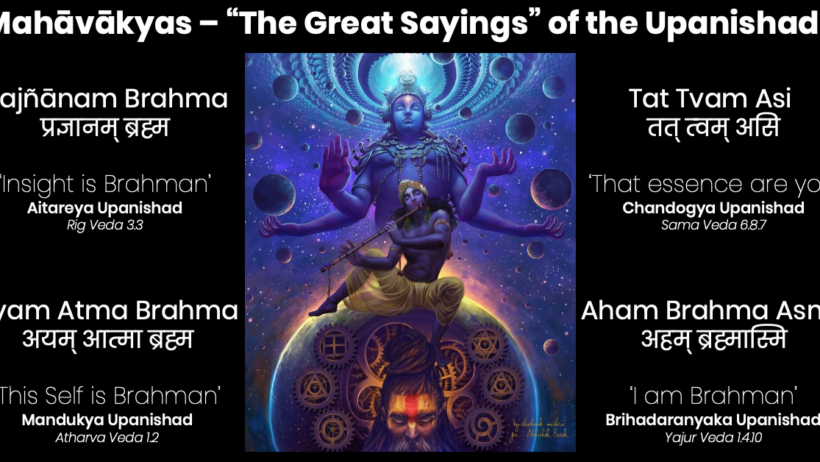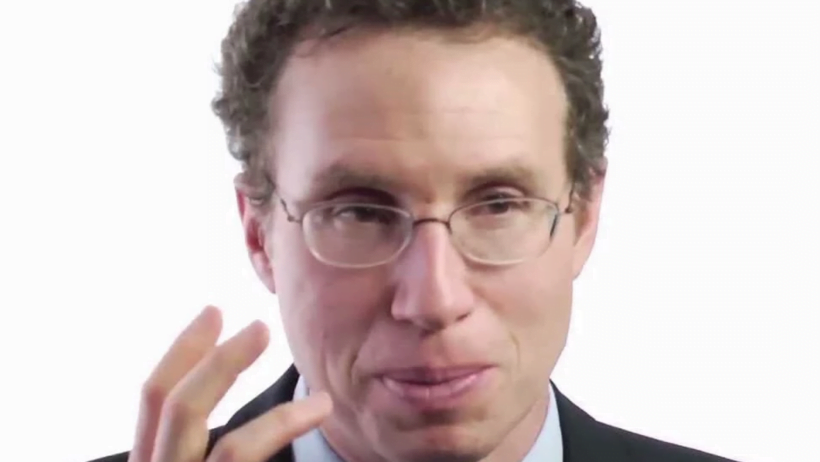Diwali is the five-day ‘Festival of Lights’ that is celebrated by millions of Hindus, Sikhs and Jains worldwide. It coincides with the Hindu New Year which changes date every year. The festival normally falls in the autumn between October and November. In 2018, Diwali begins on Monday the 5th November (too much of a noisy coincidence that it is also Bonfire night on Monday), the celebrations last 5 days (yes, Hindu’s know how to celebrate) with the main day of celebrations being held on Wednesday.

The name Diwali comes from Deepavali, the Sanksrit for ‘rows of lighted lamps’. In India and larger Hindu and Sikh populations outside India (the overseas Jain population is very small in comparison) houses, shops and local areas are decorated with small lamps known as diyas (pronounced dhi-ya). These diyas are traditionally filled with clarified butter – ‘ghee’ and a cotton wick placed into it. People also enjoy fireworks and West London is not immune to the prolonged festivities that Diwali brings.

The festival is celebrated for different reasons amongst the three religions. In Hinduism, the date marks the return of the deities Rama and Sita (chronicled in the Hindu epic the Ramayana) to Ayodhya after their 14-year exile.

The Hindu Goddess Lakshmi is also worshiped specifically on that that as bringer of fortune and blessings for the coming year. This festival is also close to Durga Puja – a period when Hindus celebrate the day the Mother of the Universe – Durga who is revered during this period for slaying a the part-buffalo demon Mahishasura thus saving human .

During Diwali, Sikhs celebrate the release from Prison in 1619 of their sixth Guru – Hargobind Singh (however it should be noted that Sikhs also celebrated this festival before then also). This period is also important for Sikhs because it was on that day in 1977 that the foundation stone of the Golden Temple in Amritsar was laid. The Golden Temple is holiest and most revered location in Sikhism.
In Jainism this period is celebrated as it is the time the founder of Jainism, Lord Mahavira reached a state called Moksha (nirvana, liberation or eternal bliss).

Whatever history the religions have given to celebrate this period; in Vedic scripture; the essential teachings before it was turned it into a religion, Diwali is a time to celebrate light. The victory of light over darkness, good over evil and knowledge over ignorance These are reasons indeed for the whole world to celebrate.
Happy Diwali!
Article by Vikas Pandey


